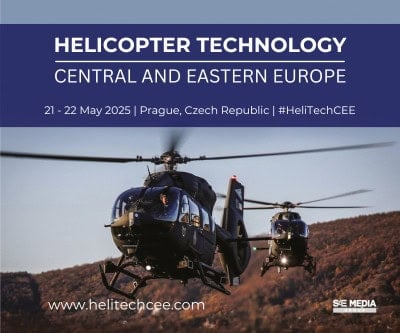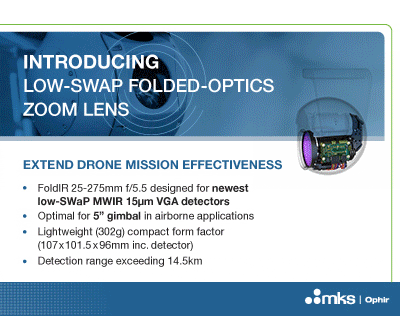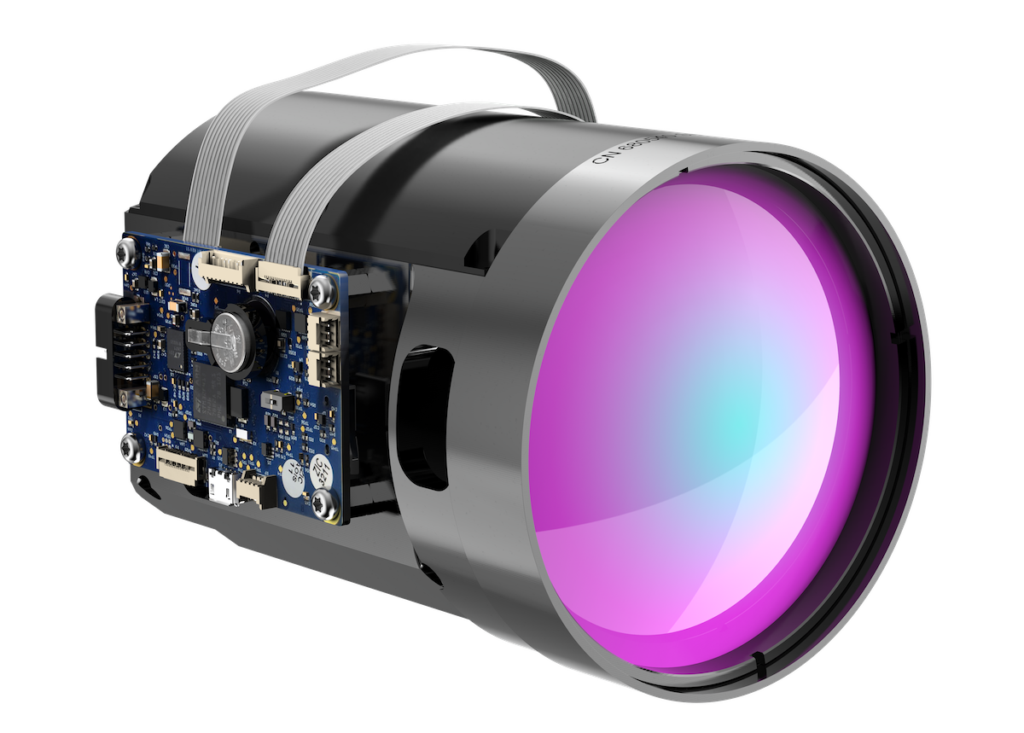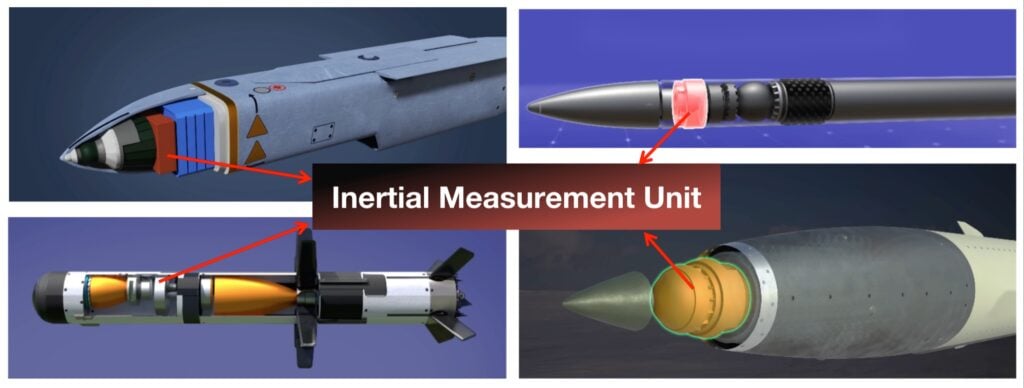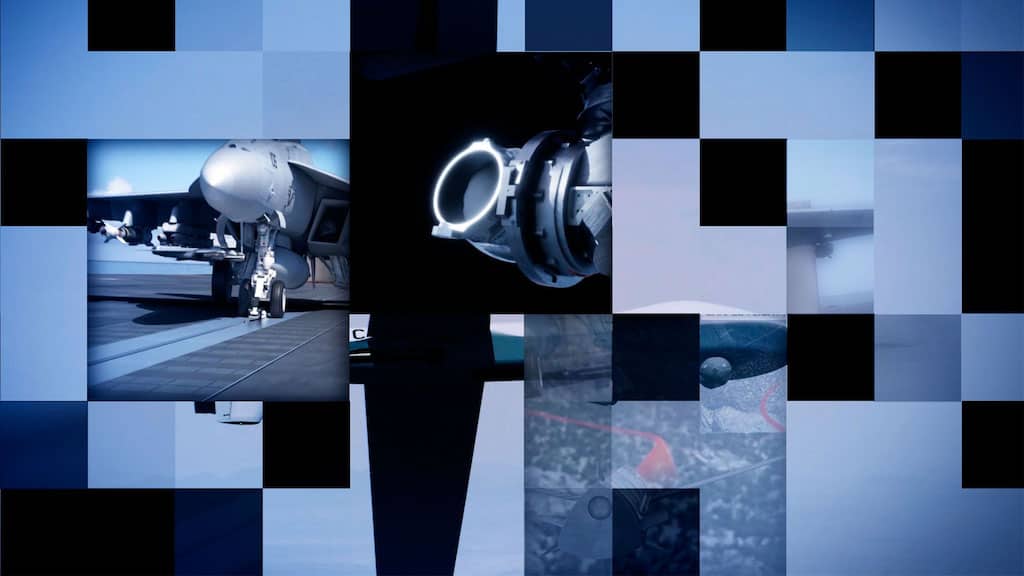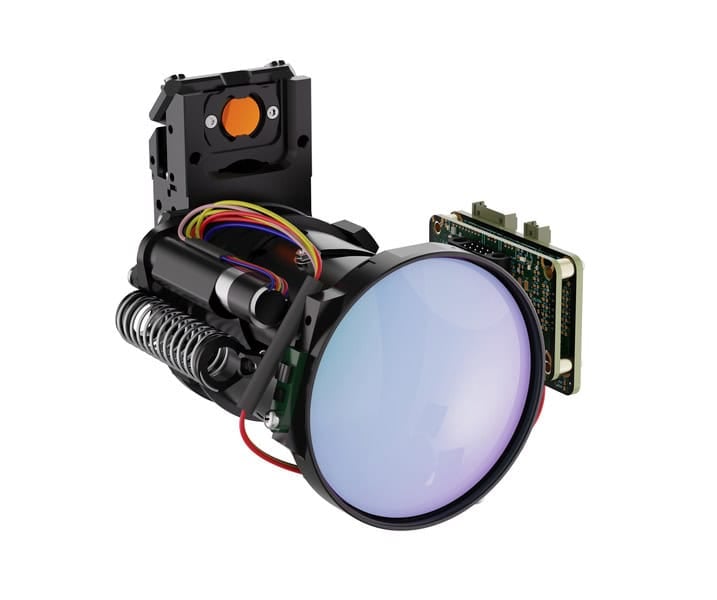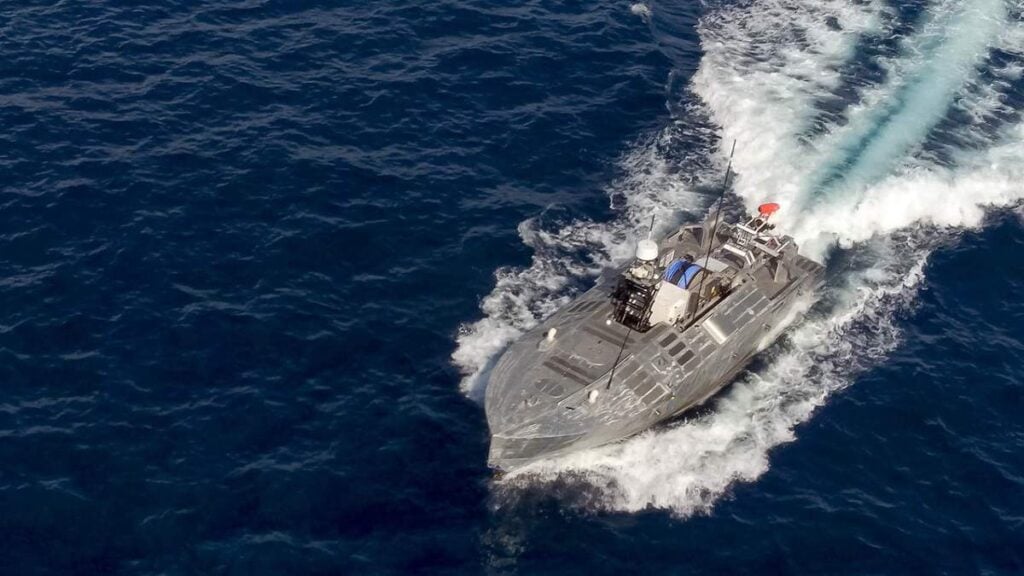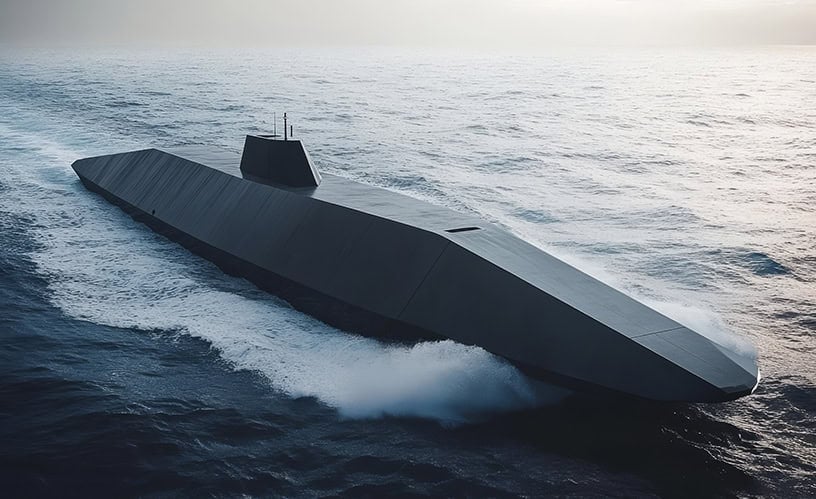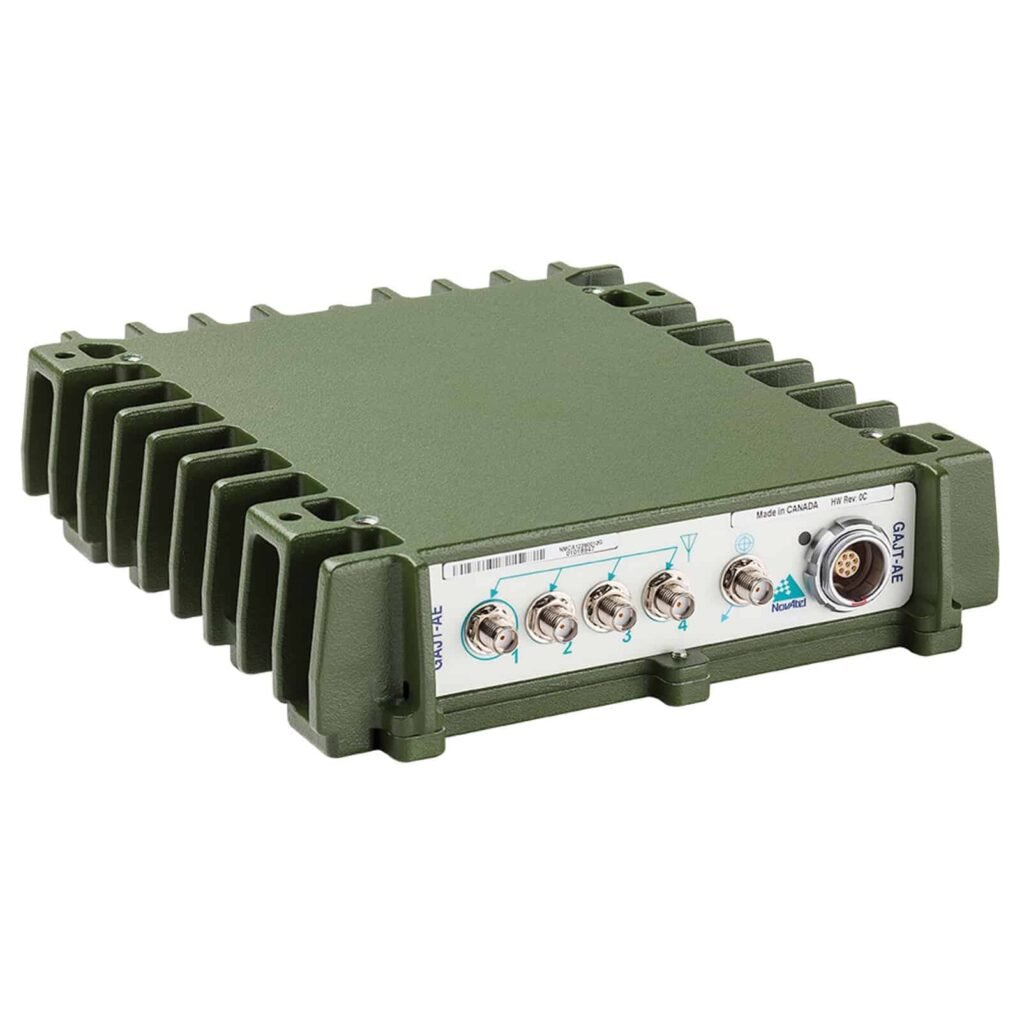
Communication & Data Systems
Discover cutting-edge solutions from 23 leading global suppliers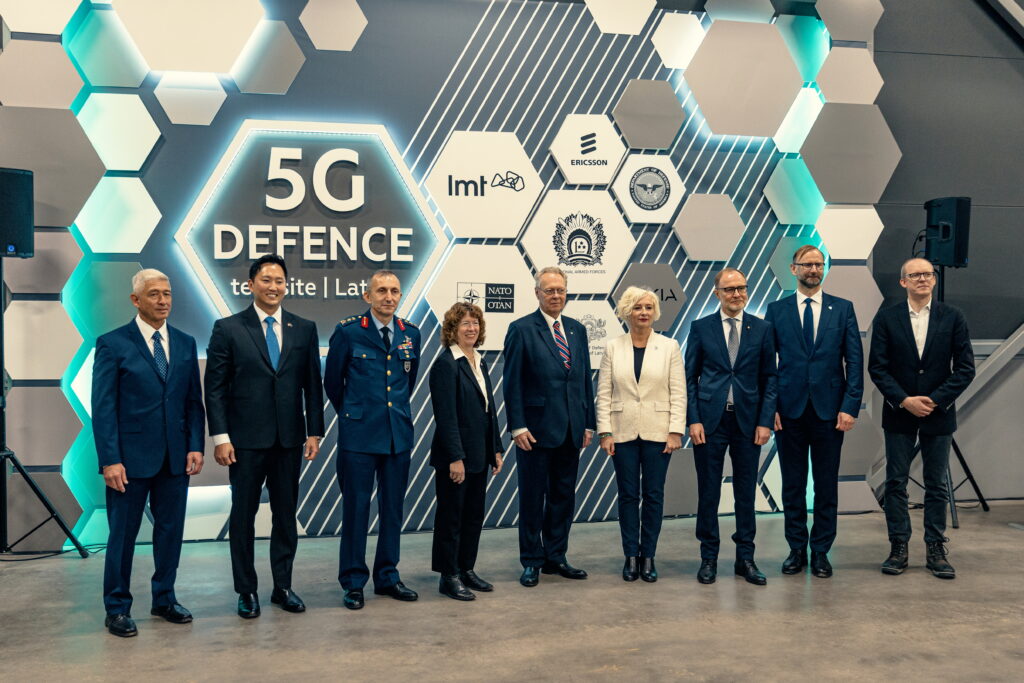
NATO Allied Command Transformation and the Latvian Ministry of Defence (MoD) led the “2023 Next Generation Communication Networks Technology Event” from October 23rd to October 27th 2023 to demonstrate the use of technologies that can enable Multi-Domain Operations within the Alliance.
Defense capabilities are increasingly enhanced by technological advancements like Next Generation Communications Networks. With the world’s transition to 5G, also known as the fifth generation of telecommunication technologies, NATO Allied Command Transformation is constantly developing new capabilities to contribute to the Military Instrument of Power. Other advanced communication technologies, such as low earth orbiting satellites, have a direct and far-reaching influence on global defense and security.
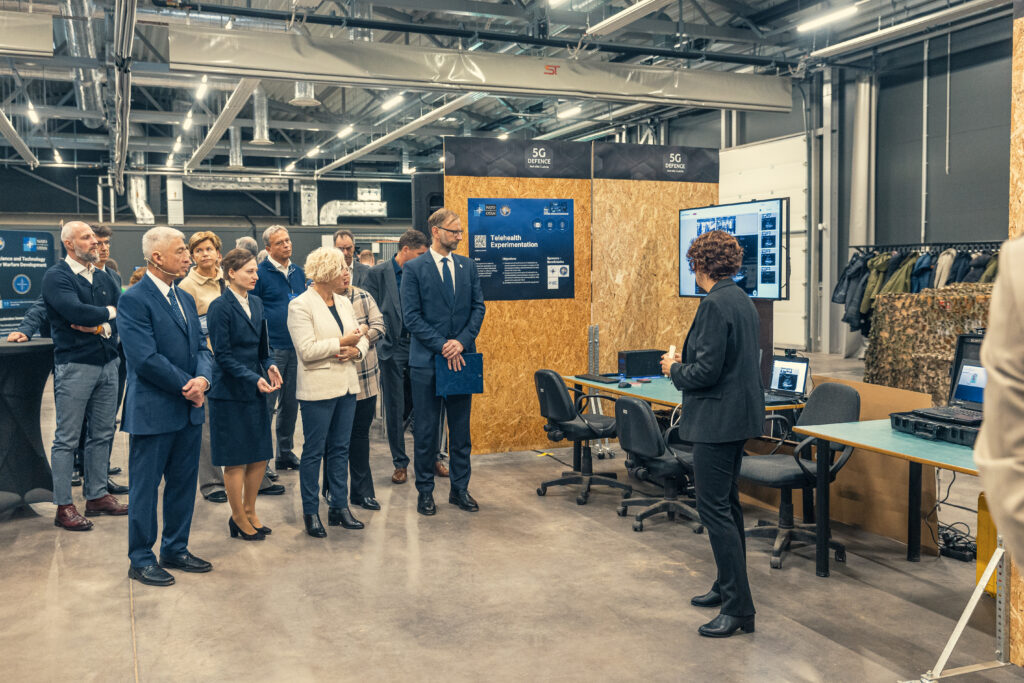
One of the experiments conducted during this event focused on telehealth. It was spearheaded on behalf of sponsors, which include both the Medical and the Communications & Information Services Branches at NATO Allied Command Transformation, and the telehealth panel of the Health Information System and Technologies Working Group of the NATO Committee of the Chiefs of Military Medical Services.
As a discipline, telehealth is designed to improve access to healthcare, particularly in situations where in-person visits may be challenging, and it can be especially valuable for patients in remote or restricted areas. The specific experiment during this event aimed to explore the application of 5G networks to enable telehealth on the field in military settings, and to compare different telehealth equipment. Two NATO Nations, Germany and the Czech Republic, contributed to this experiment.
Another set of trials during this Technology Event involved collaboration from the Innovation Branch of Allied Command Transformation, the NATO Communication and Information Agency, as well as selected partners from Industry and Academia. This scenario-based Multi-Domain Operations experiment presented multiple Emerging and Disruptive Technologies Demonstrations in support of the NATO Digital Transformation priority.
In these trials, Artificial Intelligence-based applications were also used to support Intelligence, Surveillance, and Reconnaissance Assets planning and decision support for military operators. Cloud services from Amazon Web Services, hosted on the event 5G networks provided by the technology company and leading mobile operator in Latvia LMT, were then employed closer to the tactical users in small deployable servers. The data captured during the experiment will be further analyzed to provide detailed insights for the operational and transformational communities to support Allied Command Transformation’s Multi-Domain Operations implementation plans.
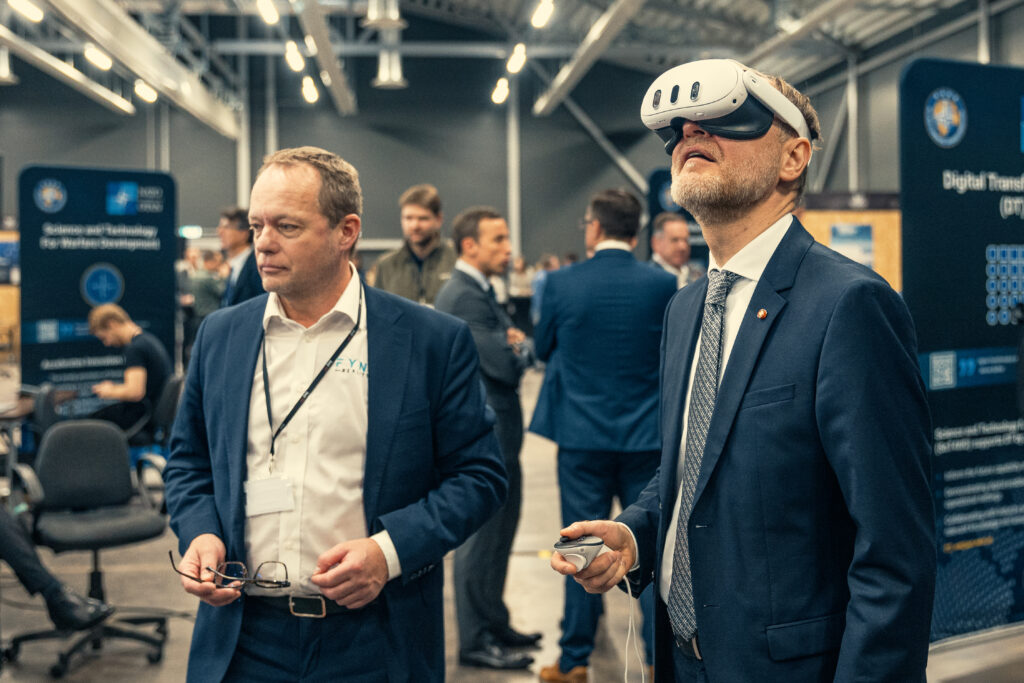
Additional demonstrators showcased approaches to improve command and control capabilities, including the use of virtual reality, secure post-quantum encryption, sensor fusion for situational awareness, and mitigate impacts for the military within a GPS-denied environment. These technologies were worked on by experts from the NATO Communications and Information Agency, NATO nations (such as the Polish Military University and Army Research Lab), and a large contingent of Industry experts. The activities related to Multi-Domain Operations and Digital Transformation addressed a broad catalog of Emerging and Disruptive Technologies.
As 5G technologies are generally designed for civilian environments, specific adaptation and approaches also had to be considered for military applications. The event also demonstrated solutions to increase interoperability between multi-national forces by using electromagnetic spectrum interference and mobile communications technologies.
“This year, we’ve combined Next Generation Communications Network technologies with other technologies to exploit data in a way to improve decision making, push expertise to benefit the warfighter, and improve multi-national force interoperability. I think the energy created by the participants working together to accelerate innovation has been the highlight,” said Warren Low, the Event Lead from NATO Allied Command Transformation.
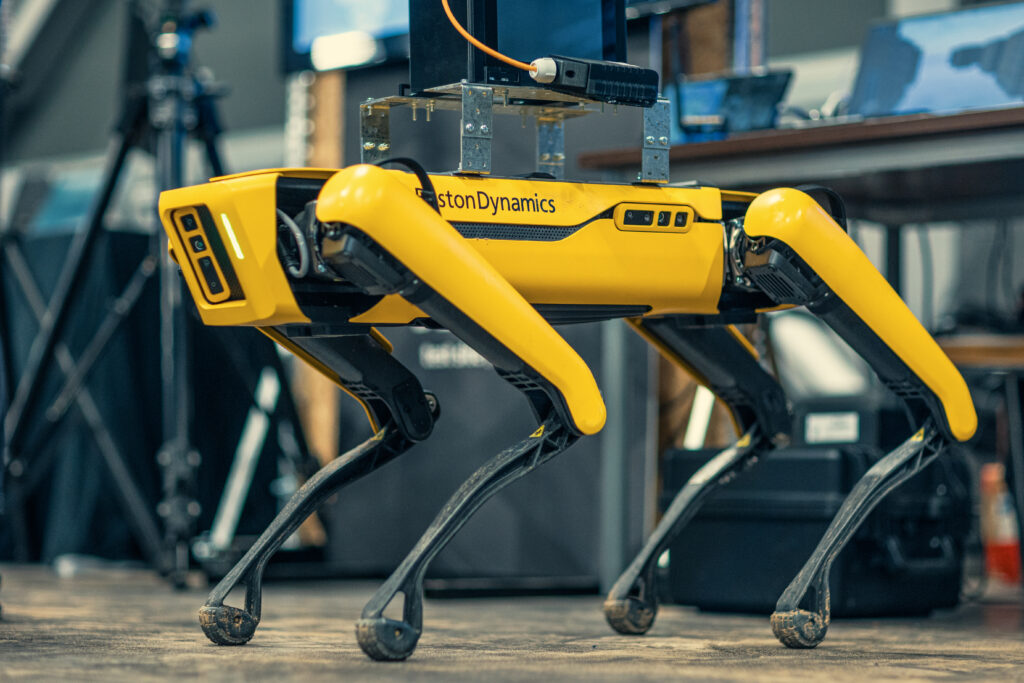
The Next Generation Communications Network Event provided a tremendous opportunity for validation and exploration of innovative solutions; the results of the experiments conducted will be used to inform development and operationalization of Digital Transformation and Multi-Domain Operations-related concepts and capabilities. Equally important was developing the human expertise and networking, which provide the foundations for accelerating development in Next Generation Communications Technologies for the Alliance.
The “2023 Next Generation Communication Networks Technology Event” took place at Europe’s first 5G military test site – Camp Ādaži. The 5G test site Camp Ādaži was created in collaboration between the Latvian National Armed Forces and technology company LMT. In 2022, the test site was complemented by two new standalone 5G networks, built by Nokia and Ericsson, which enables the testing of defense innovations across a variety of networks.




